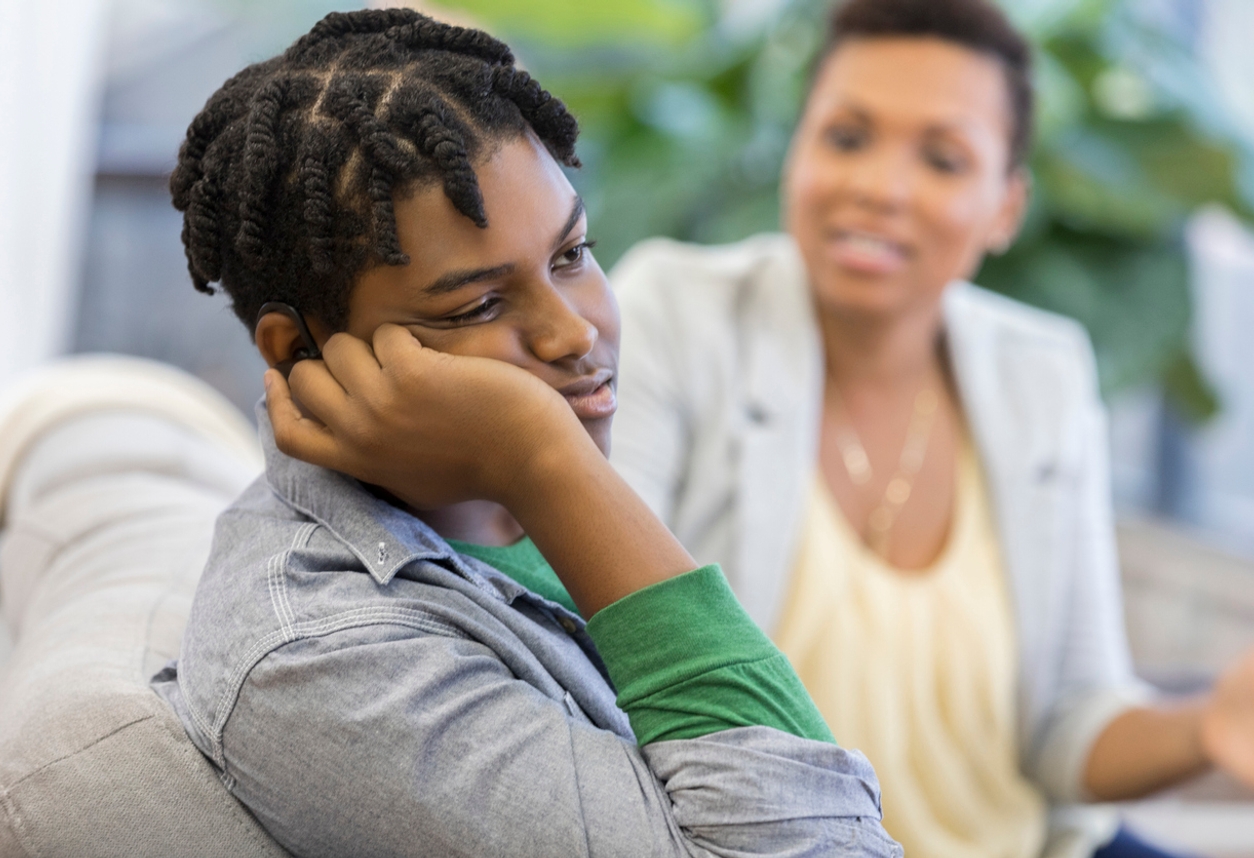Kids grow up fast. With all the changes that comes with puberty and discovering their own body, they are also getting more and more curious about sex, yes SEX. It can be awkward to discuss sex with them, but also important that your attitudes towards sex and relationships are more than you realize: and your kids often need some guidance around this.
It’s important to get started from a young age – long before puberty even begins. Have meaningful conversations around love and sex. Discuss gender identity. Talk to them about the basics of sexual consent, such as “getting an enthusiastic YES from your partner” to make sure they’re comfortable at all times.
These conversations remain important as your kids become teenagers, despite all the grumbling and embarrassment they may (or will!) feel. It’s important to approach sex in a healthy way: that it is pleasurable for BOTH the woman and man, that it can be a very intimate act between you and your partner; and that it can be so much fun.
And that brings us to the matter of being safe during sex. We also need to remind them of the possibilities of unplanned pregnancies and STIs. It’s important for them to understand how to be safe and what contraception is available and well suited to them.
So, let’s break this down!
As there are more than condoms out there, we decided to share with you a list of tips to help them make informed decisions.
Tips to respect adolescent sex life choices and keep them safe
How often do they have sex?
Please do not ask your kids this question! But share with them they can decide over several methods that can range from one single use to over a decade.
For those who have sporadic sex encounters we recommend the male and female condom. For those in a longer term relationship (where both parties have been tested for STIs), women can use the oral contraceptive pill or a three month injectable, and if they have a really bad memory, they can opt to use a IUD or an implant that last for years.
Scared of hormones?
There are many different hormonal contraceptive options and they work differently for each woman. There are other non-hormonal contraceptive options. Each body is different and if they are opting for long lasting contraception, a visit to the doctor is always a good choice. Some doctors don’t offer young women information on all the options, so it’s important they learn these before they visit the doctor – especially methods like the non-hormonal IUD.
So options are pills, implants, non-hormonal IUDs only?
There are other methods, yes! Fertility awareness for women and withdrawal for men are always an option. Just let your sons and daughters know that these do not guarantee pregnancy and STI prevention.
And if their choice is not having sex?
Make sure they know that “not right now!” is always an option, especially if they don’t feel ready or are not comfortable with their partner. This is where its also important to talk about sexual consent, peer pressure, and sexual readiness.
Last but not least: Confidentiality
Because of all the taboo around sex, its practice and sexual education access, depending on the country and context, not only health professionals, school teachers, parents and tutors will present some fears when talking about sexual and reproductive health, teenagers too may find complicated to open up on this matter.
Just respect them, keep their secrets and never judge.
We, at findmymethod.org have your back with all the contraception information for your kids and you.
Ceci and Michell are a pair of sexual and reproductive health advocates who enjoy working at findmymethod.org
References:
- “What is comprehensive sexuality education? A life saver.” UNFPA, https://www.unfpa.org/news/what-comprehensive-sexuality-education-life-saver
- “Sexual matters among teenagers” Richard Meng Kam Lee1,2, MMed, FCFP, Choon How How3,4, MMed, FCFP, Kumudhini Rajasegaran5, MB BCh BAO, MRCPCH, Singapore Medical Journal, http://www.smj.org.sg/article/sexual-matters-among-teenagers
